If you're a startup founder who has big ambitions (like expanding globally or 10x-ing your business), there's one crucial document you can't afford to mess up: your cap table.
Every startup founder knows just how important a cap table is when it's time to partner up with a co-founder, hire key employees, or attract investors. And yet, we still see so many startups make risky but avoidable cap table mistakes.
Take it from us who've seen thousands of cap tables in our collective journeys. This seemingly simple spreadsheet can make or break your company's future!Let's dive into the top 10 cap table mistakes startup founders make and how to dodge them like a pro.
1. Neglecting to create a cap table early
Picture this: You're in your garage with your co-founder, coding the next big thing. Cap table? That's for later, right? Nope. Many founders make the mistake of putting off creating a cap table until they're forced to by investors or legal requirements.
Why it's a problem: Without a clear picture of your company's ownership from day one, you're setting yourself up for headaches down the road. It's like trying to build a house without blueprints.
And let us just add, even though most co-founder relationships do stay tight and solid until the end, there are cases when they go haywire. You must prepare for any possible scenario, no matter how little the possibility.
How to avoid it: Start your cap table as soon as you incorporate. Include all founders, allocate shares, and document any early investments or promises of equity. It doesn't have to be perfect, but it needs to exist. We find that cap tables are, in fact, a great way to establish trust early on and to keep everyone aligned and accountable as you grow.
2. Failing to keep the cap table "clean"
So you've created your cap table. Job done? Not quite. Many founders create a cap table and then let it gather digital dust in some forgotten folder. (We see you!) Having a clean cap table sets you up for a good first impression, and if yours is messy then you're already losing points early in the game.
Why it's a problem: An outdated cap table is about as useful as last year's calendar. When it comes time for a funding round or an exit, an inaccurate cap table can lead to disputes, delays, and even derailed deals.
How to avoid it: Make updating your cap table a regular habit. Keep it clean, we like to say. Every time there's a change in ownership—new hires with stock options, an investor buying in, or a co-founder leaving—update that table.
Without a clean cap table, it’s almost impossible to gauge the impact on founders’ equity when raising or issuing equity to the team. I’ve seen hundreds of founders boost their confidence before a raise just by tidying up their cap table on Cake—undeniable game-changer!
—Elin Frid, Customer Success at Cake Equity
Consider using specialized cap table management software to make this process less error-prone and enjoyable even!
3. Overlooking vesting schedules
Vesting schedules aren't just a Silicon Valley buzzword. They're a crucial tool for protecting your company and incentivizing long-term commitment. Forgotten what vesting means? Here's a quick refresher!
Why it's a problem: Without proper vesting schedules, you risk having a co-founder or early employee leave the company with a significant equity stake after only a short period. This can dilute the value for remaining shareholders and potentially discourage future investors.
How to avoid it: Implement vesting schedules for all equity grants. The standard is a four-year vest with a one-year cliff, but you can adjust based on your needs. Just make sure it's clearly documented in your cap table and all relevant agreements.
4. Mismanaging equity dilution
Equity dilution is a fact of startup life, but mismanaging it can lead to unhappy founders, employees, and investors.
Why it's a problem: Unexpected or excessive dilution can demoralize your team, erode trust with your investors, and make it difficult to attract and retain top talent. It can also lead to founders losing control of their company faster than anticipated.
How to avoid it: Plan for dilution from the start. Model out different scenarios for future funding rounds. Be transparent with your team about potential dilution, and consider anti-dilution provisions for key stakeholders.
5. Not using a cap table software
In the age of AI and blockchain, managing your cap table on a spreadsheet is like using an abacus to do your taxes. (To Gen-Zs reading this, an abacus is..)
Why it's a problem: Manual cap table management is time-consuming and error-prone. It's also difficult to model future scenarios or generate the detailed reports investors often require.
How to avoid it: Invest in specialized cap table management software. These tools can automate updates, model future rounds, and generate detailed reports at the click of a button. Plus, they often include features that help with compliance and share issuance.
If we think about keeping the cap table always up to date, and that's where software like Cake comes into place. It's so important, in my opinion, to have software because you can't manage this in Excel. And I've seen companies managing this in Excel, and.. there's just no way!
—Chris Hoffman, Founder at Equity Admin

Have stress-free cap table management with Cake
At Cake Equity, we've built a solution that tackles these common cap table challenges head-on. Our platform offers:
- Intuitive setup and real-time updates
- Automated vesting and dilution tracking
- Scenario modeling for future rounds
- Integrated contract management
- Compliance support and reporting tools
- Access to our network of legal and startup experts
- ..and more!
With Cake Equity, you're not just avoiding mistakes—you're streamlining your entire equity management process. Our cloud-based platform provides the accuracy, insights, and ease-of-use you need to confidently manage your cap table at every stage of your startup journey.
Say goodbye to cap table headaches, hello to stress-free equity management.
6. Failing to document transactions
Every equity transaction needs to be properly documented. It's not just good practice—it's often a legal requirement.
Why it's a problem: Poor documentation can lead to disputes over ownership, complicate due diligence for future funding rounds, and even attract unwanted attention from regulators. It can also make it difficult to accurately value the company or individual stakes.
How to avoid it: Ensure every equity transaction is backed up by proper legal documentation. This includes board approvals, shareholder agreements, and stock option grants. Keep these documents organized and easily accessible.
7. Misunderstanding different types of shares
Not all shares are created equal, and misunderstanding the differences can lead to governance issues and dissatisfied shareholders.
Why it's a problem: Different classes of shares come with different rights and privileges. Mixing them up can lead to conflicts between shareholders, complicate decision-making processes, and potentially violate agreements with investors.
How to avoid it: Educate yourself on the different types of shares—common, preferred, Restricted Stock Units, NSO, ISO, etc. Make sure your cap table clearly distinguishes between them. As always, consult with a legal professional before creating new classes of shares.
8. Poor communication with shareholders
Many founders underestimate the importance of clear, consistent communication with their shareholders regarding cap table matters.
Why it's a problem: Lack of communication can lead to misunderstandings, erode trust, and potentially result in disputes. It can also make future fundraising more challenging if existing investors feel out of the loop.
How to avoid it: Maintain regular, clear communication with stakeholders about the state of your cap table and equity. Don't wait for them to ask! Proactively send updates and provide an access to parts of the cap table that matter to them (you don't have to show everyone everything!).
A good cap table software would have an integrated communication tool and a user access control where shareholders and option holders can access parts of the cap table that's relevant to them.
9. Miscalculating option pools
Option pools are a vital tool for attracting and retaining talent, but they need to be carefully sized and managed.
Why it's a problem: An option pool that's too small can leave you unable to hire key talent. Too large, and you're unnecessarily diluting existing shareholders. It's a balancing act that requires careful planning.
How to avoid it: Don't stop at setting up your option pools, regularly review it and adjust accordingly. Remember: Investors will likely want to see a healthy option pool before they invest. The standard size of an option pool for startups typically ranges from 10% to 20% of the fully diluted shares of the company. However, the exact size can vary based on factors such as the stage of the company, anticipated hiring needs, and investor expectations. Getting help from legal and equity experts is always a good idea.
10. Neglecting to plan for future funding rounds
Your cap table isn't just a record of the past, it's a tool for planning the future. Keep in mind that the first thing investors will want to look at (other than your pitch deck) is your cap table.
Why it's a problem: Failing to plan for future rounds can lead to awkward conversations with potential investors and complicated restructuring down the line.
How to avoid it: Use your cap table to model out future funding rounds. Consider different valuation scenarios and their impact on ownership. This will help you make informed decisions about when and how much to raise.
Wrapping it up
Master your cap table
Your cap table is more than just a record of who owns what in your company. It's a strategic tool that can help you make better decisions, avoid costly mistakes, and set your startup up for success.
By avoiding these common mistakes, you're not just keeping your cap table clean—you're building a solid foundation for your company's future.
Remember, a well-managed cap table is a sign of a well-managed company.
It shows investors, employees, and potential acquirers that you've got your house in order.
Don't let cap table mistakes hold your startup back. Sign up for a free trial of Cake Equity today and experience stress-free equity management.
This article is designed and intended to provide general information in summary form on general topics. The material may not apply to all jurisdictions. The contents do not constitute legal, financial or tax advice. The contents is not intended to be a substitute for such advice and should not be relied upon as such. If you would like to chat with a lawyer, please get in touch and we can introduce you to one of our very friendly legal partners.
















